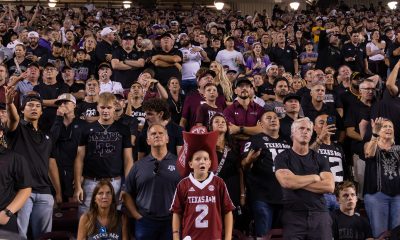They didn’t plan it. In fact, none of them really expected it.
But this fall, three siblings from the West Shore – Zosia, Michael and Sophia Adamek – will not only be lacing up for Liberty University’s hockey programs again, but also living under the same roof in a townhouse just off campus in Lynchburg, Va.
It’ll be their second season together at the school – a rare family setup that’s only brought them closer.
“It’s going to be a full house,” Sophia grinned. “But honestly, it’s pretty special. How many people get to do this with their siblings?”
All three skate in the American Collegiate Hockey Association (ACHA) – Zosia, 22, is a veteran forward on the women’s team, while 20-year-old twins Sophia and Michael patrol the blue line for the women’s and men’s teams, respectively.
Their hockey journeys took different paths, but they all trace back to the same place: the Juan de Fuca Recreation Centre, where they learned to skate and fell in love with the game.
Michael was the first on the ice – he joined CanSkate at age three and never looked back.
“Once I was on the ice, I never really wanted to be anywhere else,” he said.
Sophia and Zosia followed close behind. Before long, hockey wasn’t just something the Adamek kids did – it was who they were.
Their parents, Mike and Wendy, leaned in fully. Five years ago, they even installed a synthetic ice surface in their West Shore basement so the kids could sharpen their skills at home.
“It was really a no-brainer,” Mike said. “Our kids love hockey, we love hockey, and we wanted to give them every opportunity we could. We’re proud of what they’ve done with it.”

Zosia, the eldest, was the first to head south, charting a course from Shawnigan Lake School to Liberty after COVID-19 complications rerouted her from a previous commitment to Long Island University.
“Looking back, I can’t imagine it any other way,” she said. “It’s one of the best decisions I’ve ever made.”
She’s now a three-time national champion and was recently named Liberty’s Female Athlete of the Year. Her fourth season ended in unforgettable fashion – scoring the double-overtime winner in the national final, with Sophia on the ice beside her.
“That was a moment I won’t forget,” she said. “We’d lost in the semis the year before, so to come back and win it in that fashion – and to do it with my sister there – made it even better.”
Zosia currently ranks 17th on Liberty women’s all-time scoring list.

Michael, the youngest by a few minutes, arrived last fall after a BCHL career that included time with the Victoria Grizzlies, Prince George Spruce Kings and Coquitlam Express.
His final junior season was disrupted by a broken ankle, but he bounced back in time to make an impact in his freshman year, recording nine points on the Flames’ back end.
“Having my sisters already at Liberty definitely opened the door,” he said. “I wasn’t sure what was next after junior, especially with the injury, but this turned out to be a great fit.”
He’s studying business and volunteers with a local fire department, planning to pursue firefighting after his playing days.
Sophia, also a Shawnigan alum, captained their U18 team prior to her commitment to Liberty.
In her first two seasons at Liberty, she’s tallied 28 points in 46 games and is building a strong foundation off the ice, too – studying sports management with a minor in statistics and computer science, with an eye on a future in sports analytics.
“Watching my sister before I was eligible was just so much fun,” Sophia said. “I remember going to watch games with my parents and knowing that I wanted to join Zosia one day.”

The Adamek name carries weight in West Shore hockey circles.
Their grandfather Rudy – who chose Zosia’s name as a nod to the family’s Polish roots – was the first president of Juan de Fuca Minor Hockey in 1971 and played a pivotal role in developing local sports infrastructure, including the Juan de Fuca Recreation Centre, Esquimalt Recreation Centre, and Triangle Baseball Park.
“She ended up playing in the rink he helped build,” said Mike. “That’s something special.”
That legacy lives on through the R&D Adamek Hockey Camp – a summer program at Shawnigan Lake that their dad ran for years and the siblings have now taken over.
“It’s really cool to be part of something that our family started,” said Sophia. “Shawnigan was such an important place for Zosia and I – to now run a camp there and work with kids just starting out is full-circle for us.”
Two of their Liberty teammates will fly north to help run this year’s camp – just another example of how the Adameks continue to blend their roots with their current chapter.
“Liberty has helped me grow in a lot of ways,” Zosia said. “As a player, but also off the ice. The coaches care, and the team atmosphere is special.”
That atmosphere – and the family ties – played a big role in bringing Sophia and Michael to campus.
And now, with all three under one roof, the next chapter of the Adamek hockey story is set to be their most memorable yet.
“It’s not something we ever really planned,” said Michael. “But somehow, it all worked out.”

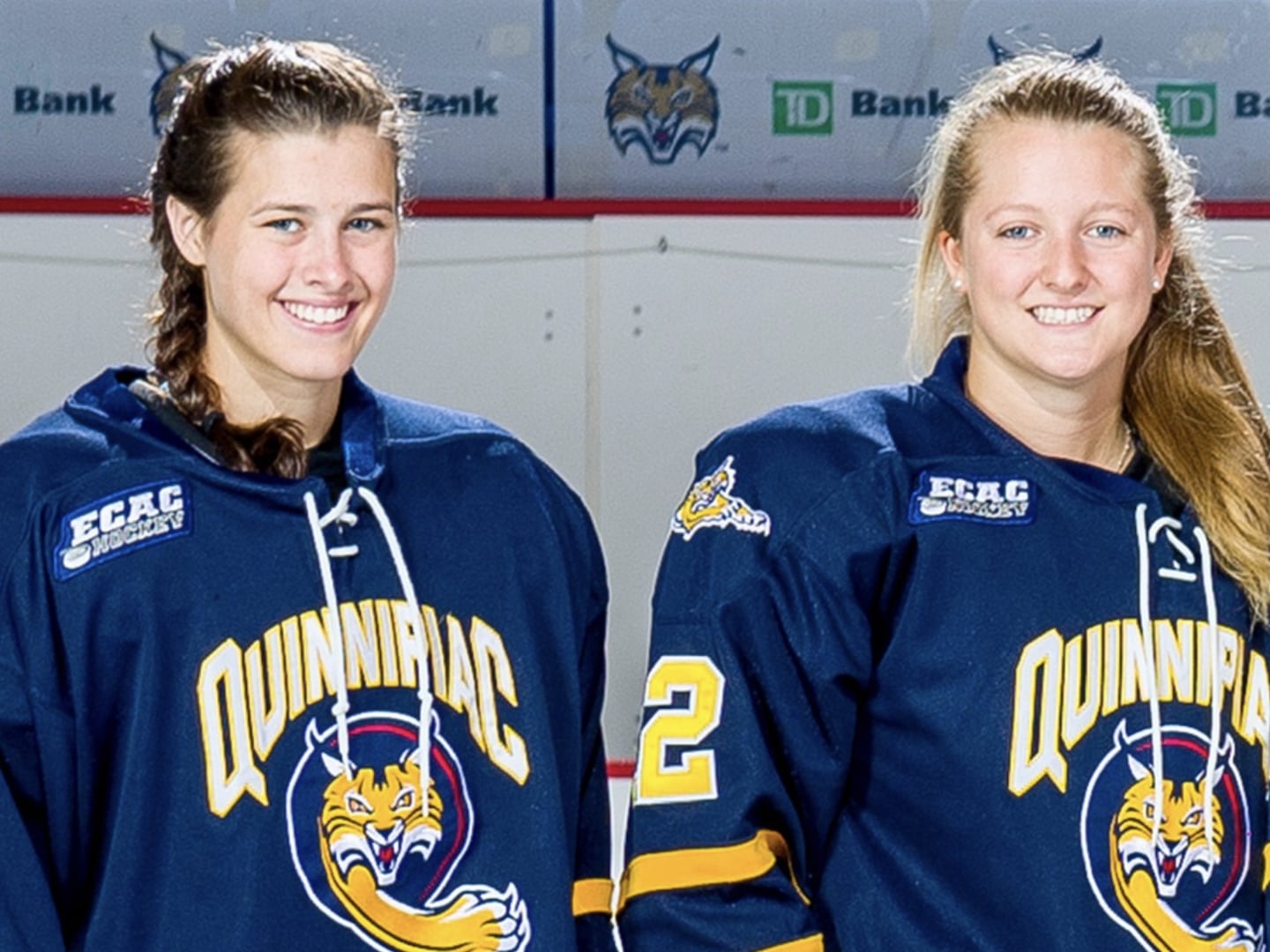



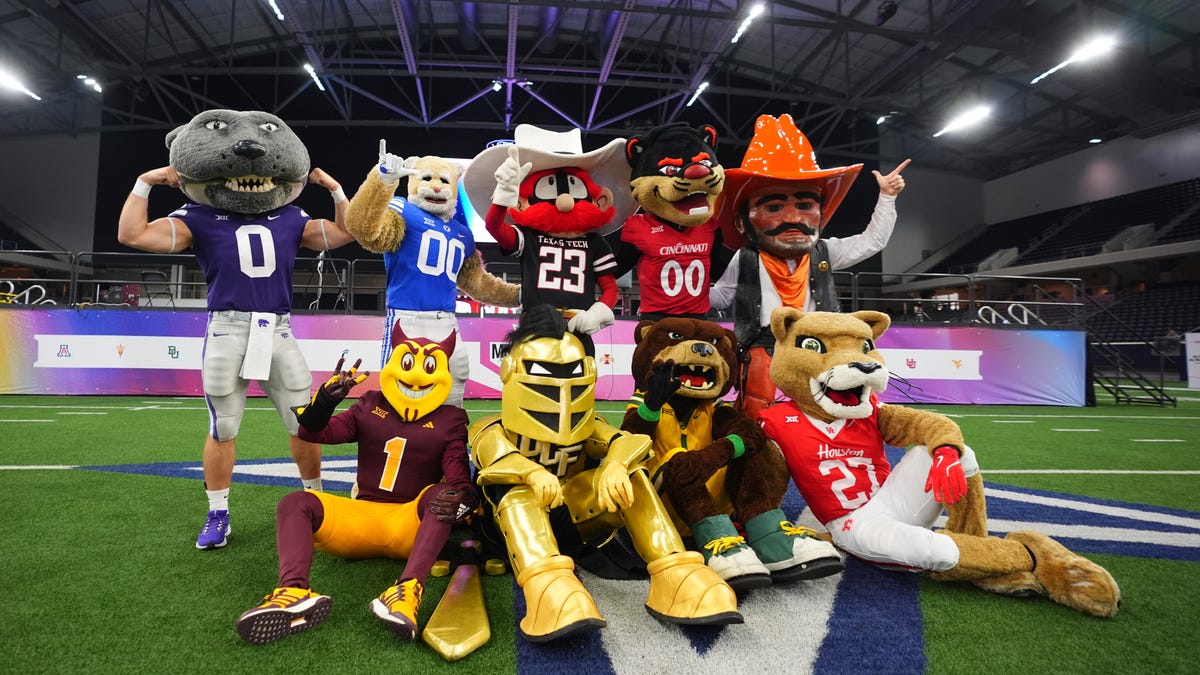
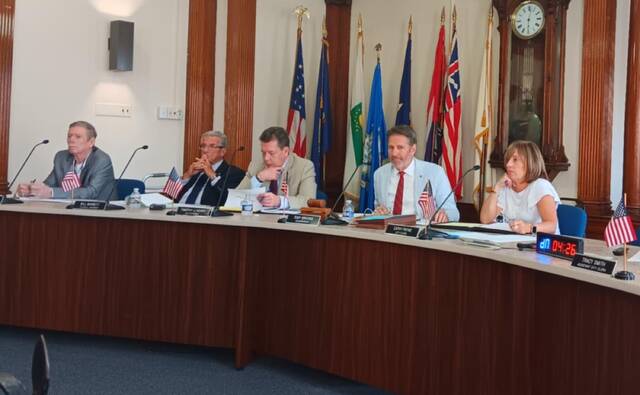


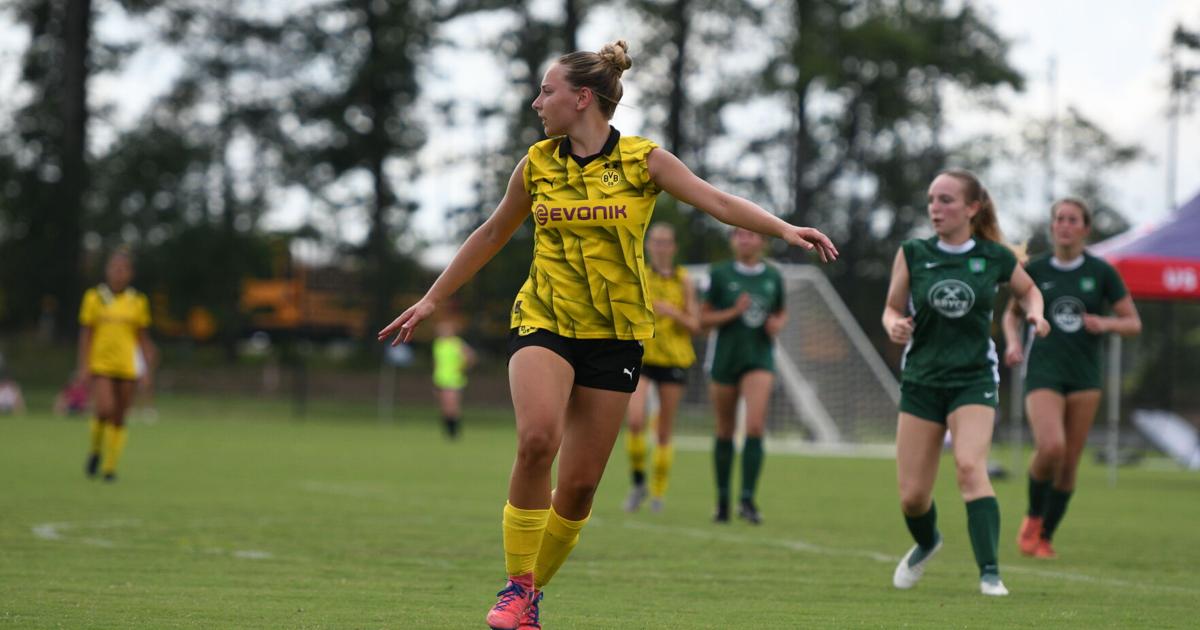

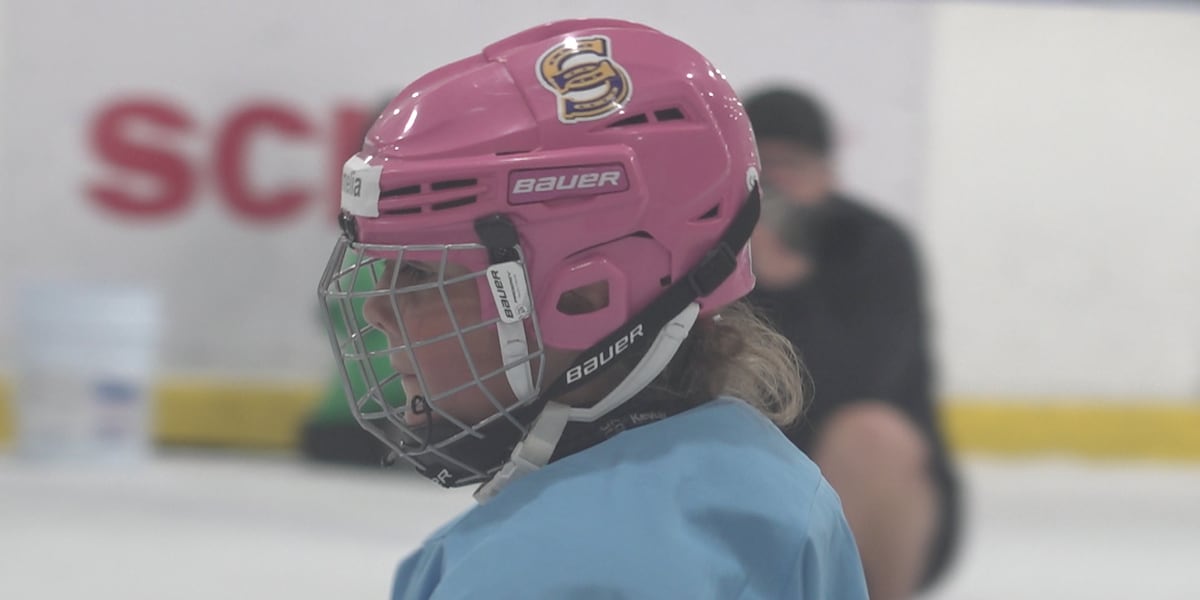









 | January 26, 2024
| January 26, 2024





































